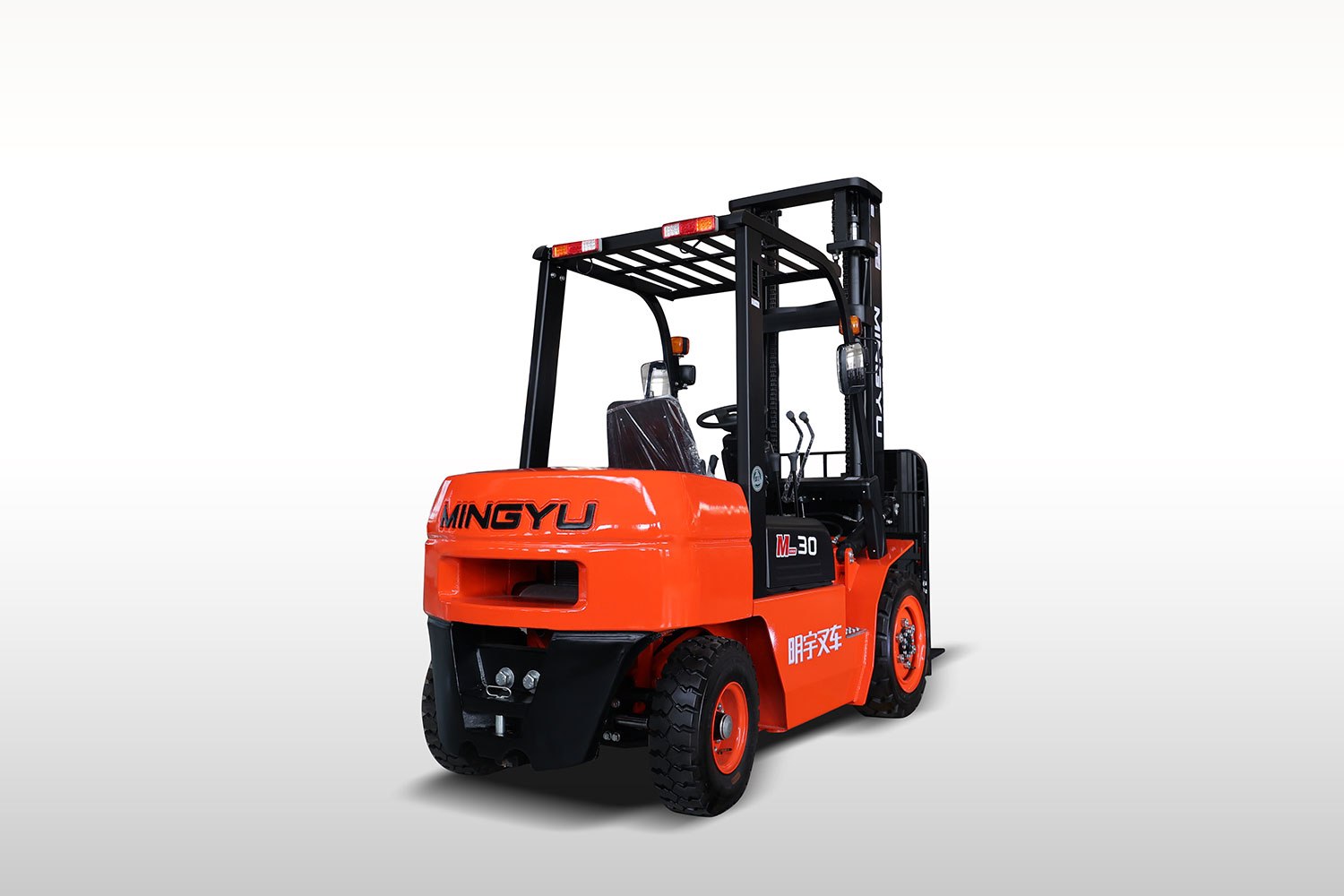
Welcome to the Mingyu Online Lecture Hall. Today, we're diving deep into the critical topic of forklift battery maintenance. Understanding and implementing proper battery care can significantly extend its lifespan, prevent unexpected downtime, and ultimately save you money. Typically, a forklift battery will serve you reliably for 2-3 years, but this can vary drastically depending on usage and maintenance.

If you've encountered issues like difficulty starting your forklift after overnight parking or noticed a rapid decline in battery charge, it's likely due to one of three primary reasons:
1. Incomplete Power Shutdown: The Silent Drain
One of the most common culprits behind premature battery depletion is simply failing to fully shut down the forklift's electrical system. This often manifests as leaving the key in an intermediate position, rather than the complete "off" setting. Even a slight misalignment can allow residual electrical circuits to remain active, slowly draining the battery overnight.
The Solution:
2. Persistent Ignition Attempts During Malfunctions: The Battery Overload
When your forklift fails to start, it's natural to try again. However, repeatedly cranking the engine for extended periods can severely strain the battery. Each attempt draws a significant amount of power, and prolonged, unsuccessful ignition attempts can lead to overheating and rapid depletion. Furthermore, it can damage the starter as well.
The Solution:
3. Extended Parking Periods: The Self-Discharge Dilemma
Even when a forklift is parked and completely powered off, its battery will naturally lose charge over time due to a phenomenon known as self-discharge. This process is accelerated in extreme temperatures and can lead to a severely depleted battery if the forklift is left idle for extended periods.
The Solution:
Proactive Battery Management: Ensuring Peak Performance
To maximize battery lifespan and prevent unexpected downtime, implement these proactive battery management practices:
1. Pre-Operational Battery Checks:
2. Timely Recharging:
3. Preventing Sulfation: The Silent Killer
Sulfation occurs when sulfate crystals build up on the battery's lead plates, hindering the chemical reactions necessary for charging and discharging. This condition is often caused by allowing the battery to remain in a discharged state for extended periods.
The Solution:
4. Proper Battery Maintenance:
In Conclusion:
By adhering to these daily battery use precautions and implementing a proactive battery management strategy, you can significantly extend the lifespan of your forklift batteries, minimize downtime, and maximize your operational efficiency. Remember, a well-maintained battery is a reliable and cost-effective asset.
Do you understand these essential battery maintenance practices? By paying close attention to these details, you can ensure your forklift operates reliably for years to come. Stay tuned to the Mingyu Online Lecture Hall for more valuable maintenance insights. We'll see you next time!

Name: selena
Mobile:+86-13176910558
Tel:+86-0535-2090977
Whatsapp:8613181602336
Email:vip@mingyuforklift.com
Add:Xiaqiu Town, Laizhou, Yantai City, Shandong Province, China